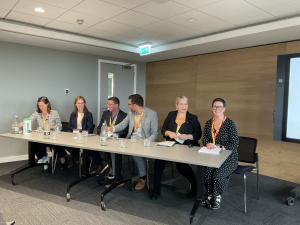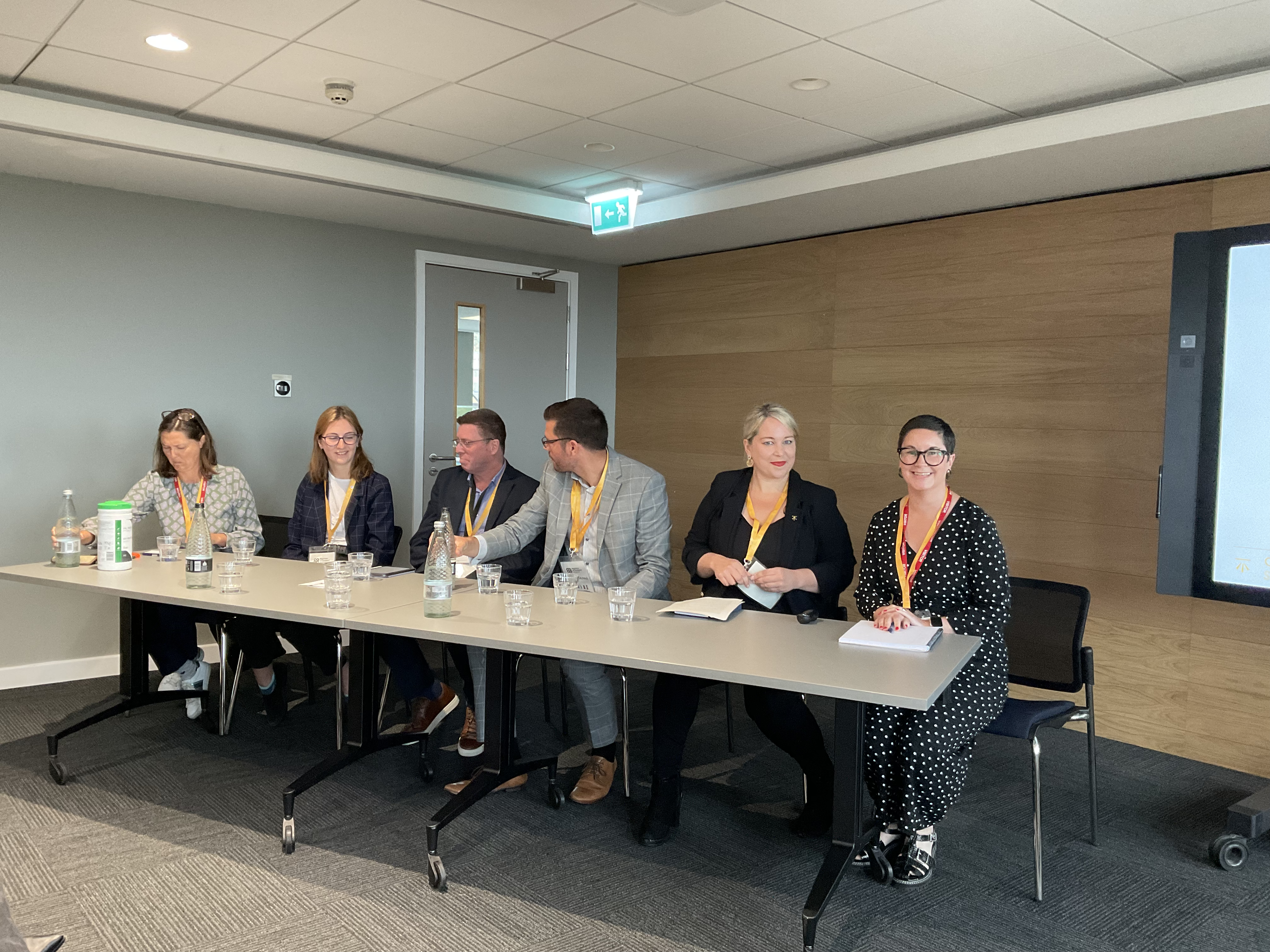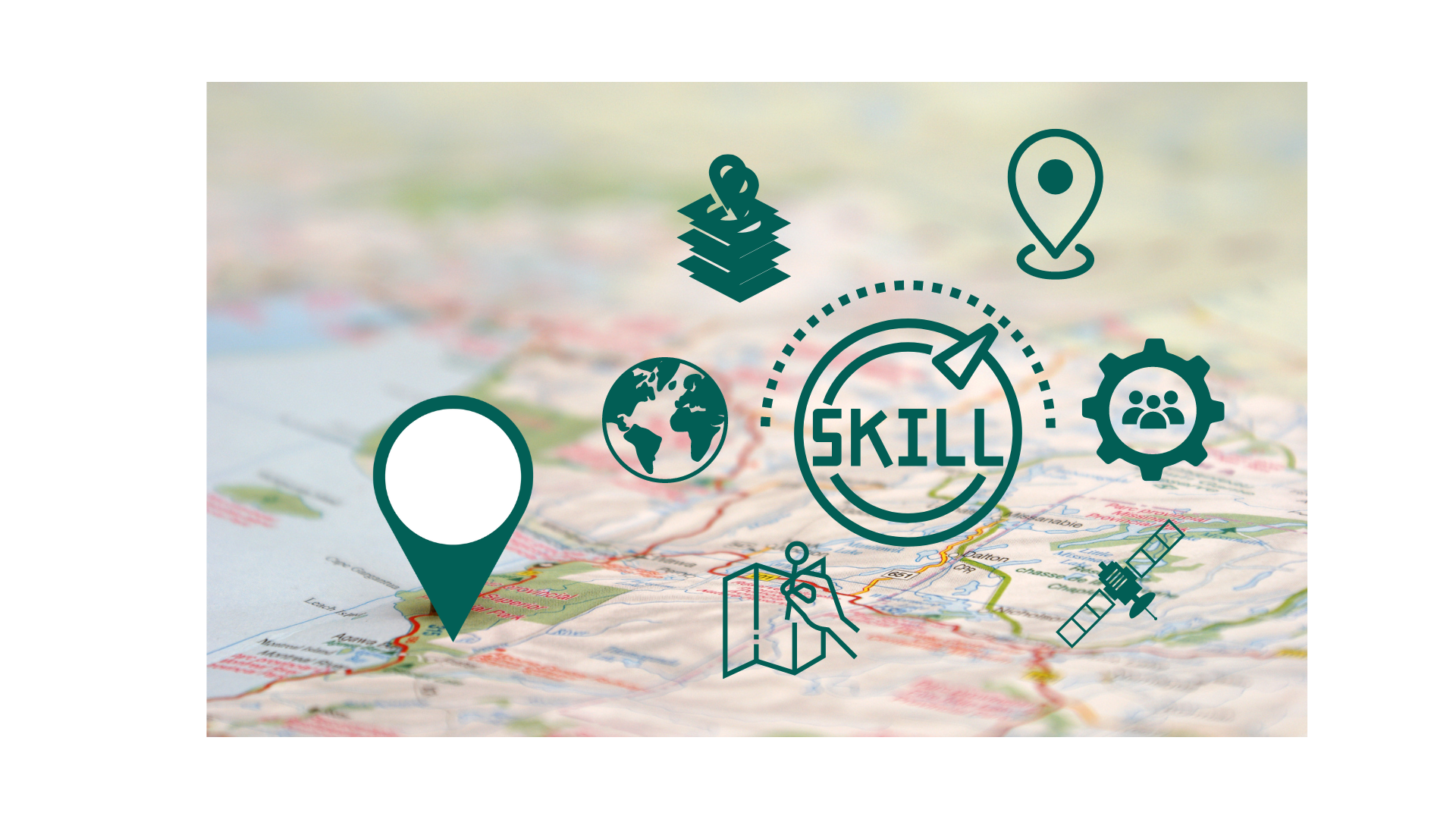
Geospatial Skills Industry Day
We are inviting organisations across different industries in Scotland to an event in the Scottish Government’s offices in Leith on Thursday 2nd May from 09.30 – 13.30. Join us and other key individuals from industry and academia to hear about the progress of the Scottish geospatial skills roadmap and our ambitions for developing the skills agenda. The event will also be an opportunity to discuss specific skills that are needed by industry that will help shape and inform the future development of curriculum content with a view to increasing the number of pathways into the Geospatial Sector, and also the talent pool.
Head of Geospatial at the Scottish Government, Alan Corbett said, “It is essential to have constructive engagement with industry to jointly decide how we can create more highly skill jobs and retain existing skill staff in the forward-thinking businesses across Scotland. As a leader in geospatial, Scotland is at the forefront in the advancement of geospatial technologies. To retain this position, we need to ensure we have the talent and skills to fulfil different types of geospatial roles to meet emerging global industry demands. Geospatial is a core element of Scottish Government’s Digital Strategy and as such we are committed to making Scottish talent more attractive to the global Geospatial market. Our aim is to attract new inward investment into the country and boost economic growth through the creation of more highly skilled jobs.”
Geomatics Manager at Shell, Rob Dunfey said, “I am very supportive of initiatives to build geospatial skills. Obviously, there is value for employers such as Shell in being able to recruit geospatial professionals, but more importantly for broader society and the economy. I truly believe that geospatial skills are going to underpin our energy transition to net zero.”
We are limited to 50 places at this event but if you are passionate about having your say, register to attend here. A waiting list is in place, so we will advise as soon as places become available.

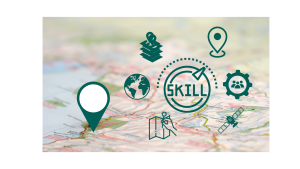
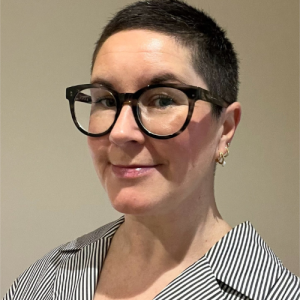
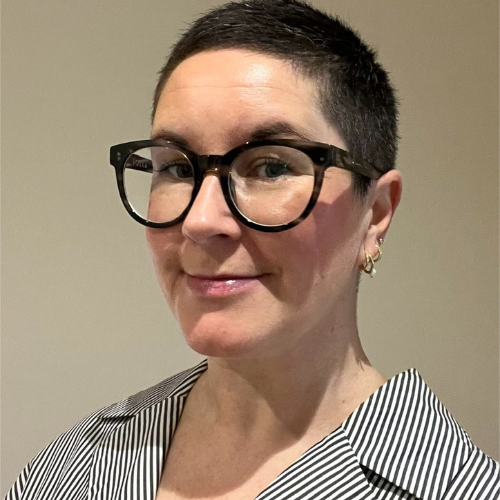
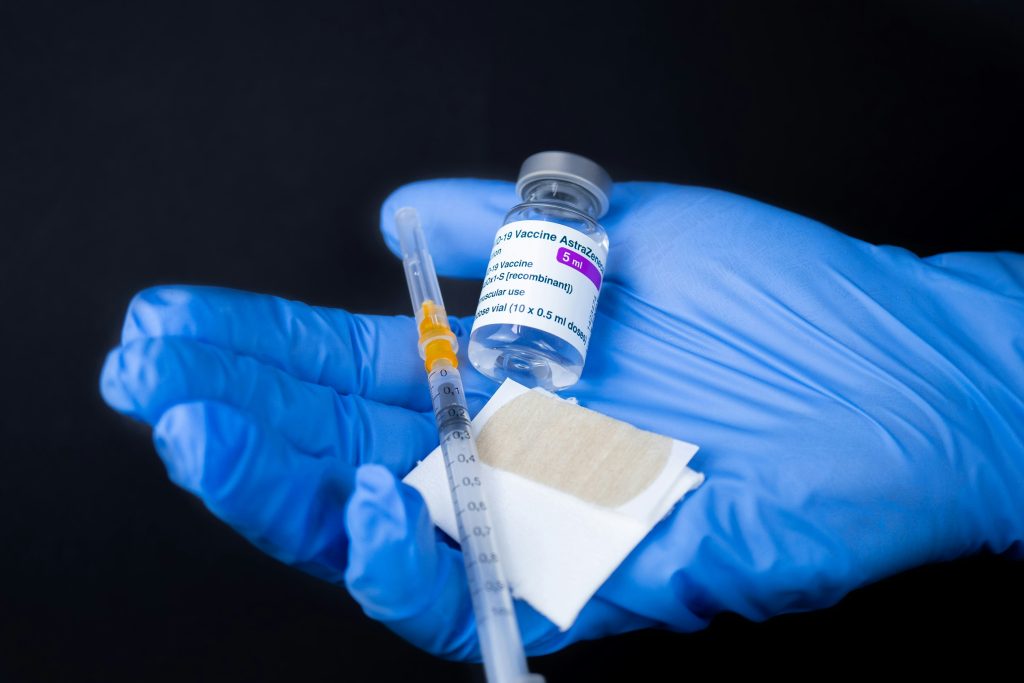 There have been giant leaps in how the emergency services sector in Scotland is using geospatial data to drive efficiencies and provide the public and business with access to key public services. Scotland has one of the most successful Covid vaccine rollout programmes and location data was at the core of how the health service delivered this highly efficient programme.
There have been giant leaps in how the emergency services sector in Scotland is using geospatial data to drive efficiencies and provide the public and business with access to key public services. Scotland has one of the most successful Covid vaccine rollout programmes and location data was at the core of how the health service delivered this highly efficient programme.

 Arun said:
Arun said: 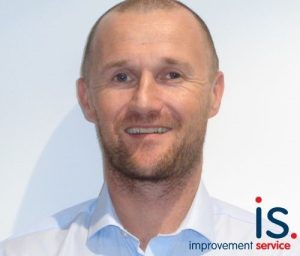 The Spatial Hub has provided Vahanomy with access to 40 spatial datasets through their exploratory licence.
The Spatial Hub has provided Vahanomy with access to 40 spatial datasets through their exploratory licence. Project Manager for Location Data Scotland Ashley Stewart said:
Project Manager for Location Data Scotland Ashley Stewart said:



